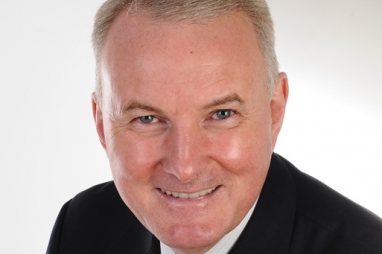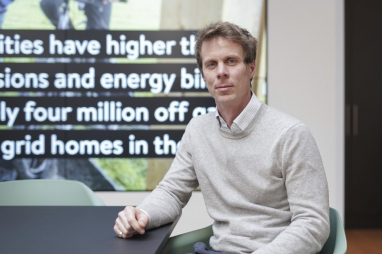- Jordan Trunner Q4 343408-171 - Air LOW Jordan 1 Art Basel Igloo Rust Pink - LOW Jordan LOW Jordan ADG 3 sneakers Schwarz
- nike air jordan 1 low outlet
- Кроссовки nike air jordan 1 retro “travis scott” — цена 1399 грн в каталоге Кроссовки ✓ Купить женские вещи по доступной цене на Шафе , Украина #124847932 , NIKE AIR JORDAN FUTURE BLACK METALLIC GOLD-BLACK
- The adidas CRAZY BYW Gets a Luxury Makeover From Bristol Studio - StclaircomoShops - adidas campus adv grey six
- AspennigeriaShops , 5 Best Adidas Classic Trainers in 2024 , jam tangan adidas sport original
- 554725 113 air jordan 1 mid white black 2020 for sale
- on feet air jordan 1 low chicago
- nike air force 1 low white gold dc2181 100 release date info
- Air Jordan 1 Blue Chill Womens CD0461 401 Release Date 4
- Air Jordan 1 Mid Bred 554724 074 2020 Release Date 4
- Home
- News and analysis
- Info hubs
- Events
- Video
- Case Studies
- About us
- Magazine
- Advertising
Produced for the industry by the Association for Consultancy and Engineering
Analysis
2016 preview: AECOM's Patrick Flaherty has his say
In our latest 2016 preview we ask Patrick Flaherty, AECOM's UK & Ireland chief executive about his hopes and fears for the coming year.

We’re excited about . . .
Infrastructure certainty - The Conservatives’ re-election last year should result in greater continuity for the UK’s major infrastructure programmes. The creation of the National Infrastructure Commission recognises the long-term nature of infrastructure planning, underlining the importance of cross-party consensus-building. It’s a welcome initiative that should create greater certainty for our industry.
Energy - A similar approach to energy generation that shields it from the electoral cycle should now be developed. While the government’s recently proposed decommissioning of coal-fired power stations by 2025 and commitment to nuclear new-build support the UK’s COP21 commitments, the increasing challenge is to address the energy gap while balancing affordability and security of supply.
Housing - While demand for homes greatly outpaces supply, the government has demonstrated its commitment to tackling the UK’s housing crisis with a number of initiatives, such as unlocking packages of public land and easing planning constraints for brownfield sites. The focus must now be on continuing to identify larger-scale development opportunities, underpinned by transport and social infrastructure.
And the risks . . .
Flooding - The necessity of infrastructure is best illustrated when it fails. Resilience in the face of flooding will be an ongoing threat, requiring a combination of national and local solutions. Defra recently funded local-scale flood resilience implementation to existing housing stock in flood-prone areas. This quick-win approach recognises that not all areas can be affordably protected by flood defences in these times of changing climate patterns.
Politics - Political procrastination is one of the greatest threats to delivering world-class infrastructure. Decades of decision paralysis over aviation capacity is negatively impacting business and the UK’s competitiveness, with more than 50% of firms in London affected by the ongoing indecision, according to the recent CBI/AECOM Infrastructure Survey.
EU referendum - Uncertainty diminishes business confidence and stifles growth. The looming EU referendum is the latest example. The implementation of a long-term infrastructure strategy is critical to the UK’s future international competitiveness.





